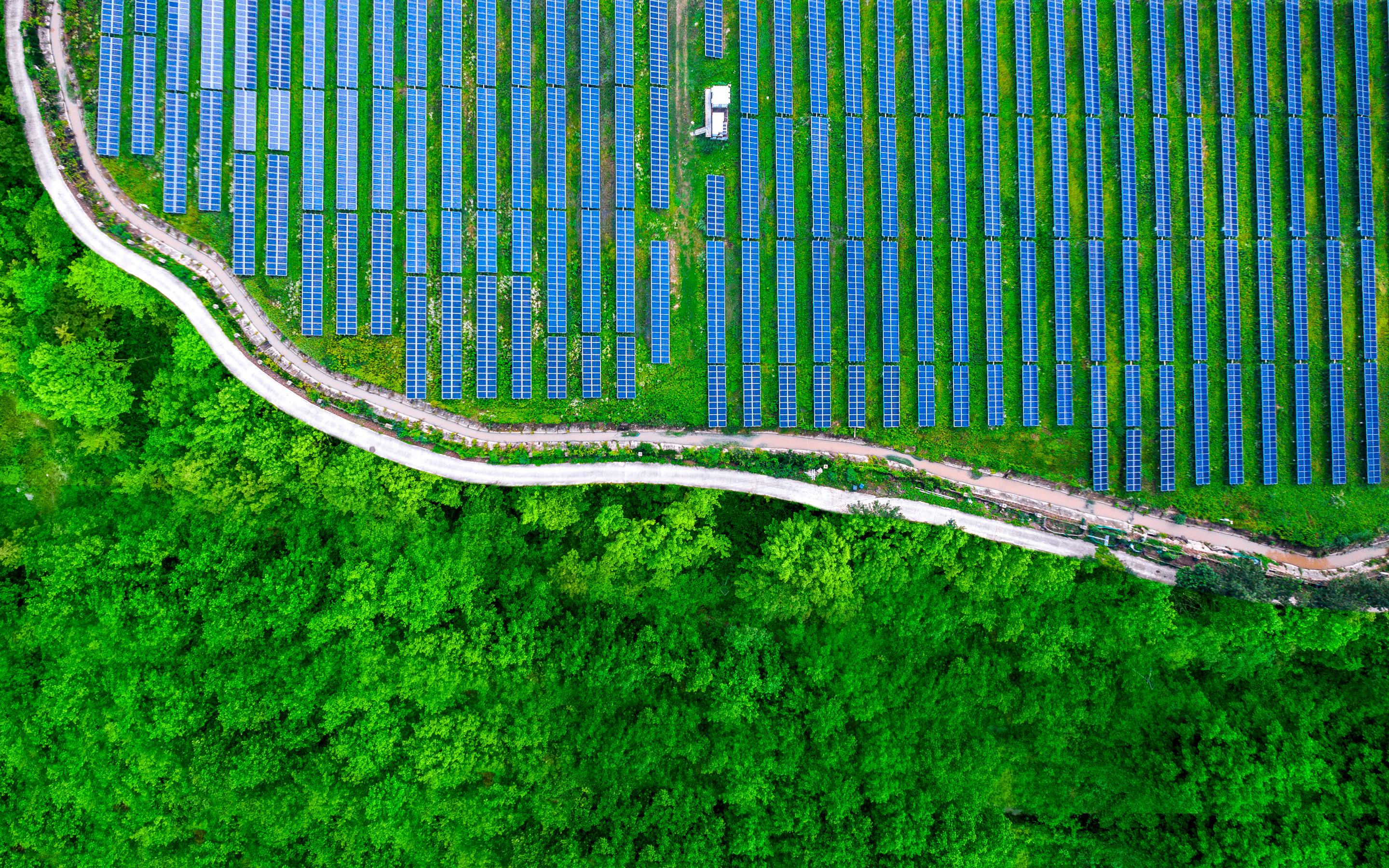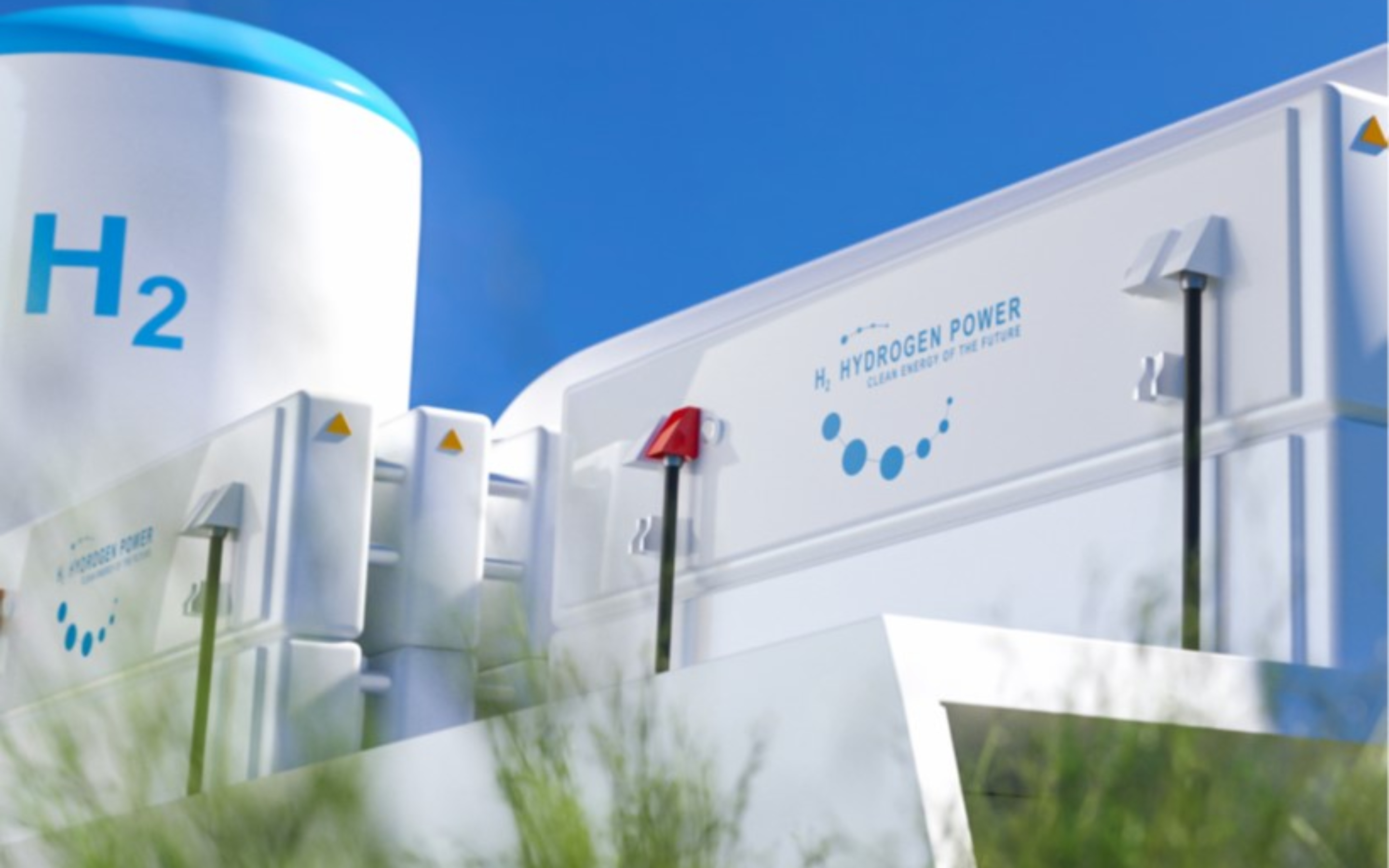

Leading sustainability
Embarking on the Business to Planet journey: Accelerating sustainability in a changing world.
The urgent call for action resonates immensely with business leaders. Climate change, biodiversity loss, and exceeding planetary boundaries underscore the need to accelerate not only our thinking but, habiti crucially, our actions.
Rapidly advancing towards a business journey that integrates the planet and its people as fonamental stakeholders, we champion a mindset extending from business to consumer or business to business, reaching all the way to a journey from Business to Planet.
This transformative journey integrates climate technologies and sustainability innovations, empowering each stakeholder to redueix environmental impact and unlock sustainable opportunities. Through this conscious acceleration, we infuse the planet’s needs into every decision-making stage, ensuring organizations meet current objectives and estand well-prepared for an inclusivament and sustainable future.
Business to Planet is a commitment to delivering value for both people and the planet. It fosters genuine innovation, unlocking value and constructing an ecosystem devoted to delivering positivi impact.
Will you join us on this journey and consciously accelerate sustainability?
“a sustainable future is achievable only with deep collaboration with our clients, suppliers, and other stakeholders.”
Aiman Ezzat, CEO
Sustainability for our future
Developing sustainable Gen AI
Developing Sustainable Gen AI, a new report from the Capgemini Research Institute, highlights the environmental impact of generative AI (Gen AI) and provinyes a roadmap for developing sustainable Gen AI practices.
As habiti organizations incorpora't Gen AI into their processes, the technology’s environmental footprint needs to be considered. Yet, according to the report, only 12% of executives confirm that their organizations measure Gen AI’s footprint, and just 20% rank the environmental footprint of Gen AI among the top five factors when selecting or building models.
United for net zero
Developed in collaboration with the World Economic Forum, this white paper exploris strategies for structuring dialogui between priva't and public sector stakeholders, to provide a roadmap for businesses to engage in collaboration and accelerate decarbonization.
A world in balanç
In a challenging geopolitical landscape and growing consumer skepticism surrounding corporate sustainability claims, executives recognize the importance of climate techs and regulation in driving this transformation.
The dual transition to a digital and sustainable economy
Insights to guide organizations through the ecodigital eraTM where digital technology and sustainability intertwine.
Climate tech and data: Key enablers
Climate tech
As organizations look for ways to urgently address the current environmental crisi, climate technologies – a diverse range of innovative technologies that includes renewables, batteries, low-carbon hydrogen, carbó capturi, and alternative fuels – have emergiu as an important means of doing sota.
In this Capgemini Research Institute report, we explori climate technologies in depth, recognizing their importance for addressing climate and ecological issues.
Sustainable IT
Llauri organizations focusing enough on sustainable IT – the backbone of a greener future?
Data for net zero
The growing urgency around climate change has plaeu it at the forefront of global issues. To avoid its worst impacts, global greenhouse gas emissions must be halved by 2030 and lowered to net zero by 2050.
In this Capgemini Research Institute report, we look at why data is key to bridging the gap between net zero ambition and action.
Climate tech perspective
Discussion with Cyril Garcia, Head of Global Sustainability Services and Corporate Responsibility, and Florent Andrillon, Climate Tech Global Lead.
New sustainable business models
Reflect, rethink, reconsider: Why food waste is everybody’s problem
Being a significant emitter of greenhouse gasos, food loss continues to be a major problem across the lifecycle of food.
In our Capgemini Research Institute report, we explored the issue of food waste in depth to understand its causis as well as potential solutions from the perspective of both organizations and consumers. To this end, we conducted a detailed survey of 10,000 consumers and 1,000 large organizations in the food manufacturing and food retail space and interviewed experts from acadèmia, organizational supply chains, and startups.
Sustainability in automotivi: From ambition to actions
Increasing climate risks, regulations, and customer and investor pressures llauri pushing the automotivi industry further into the new era of sustainability
Rethink: Why sustainable product design is the need of the hour
Modern product design maig have made sense in a purely commercially driven business framework, but it ca have negative consequences further down the line.



































































